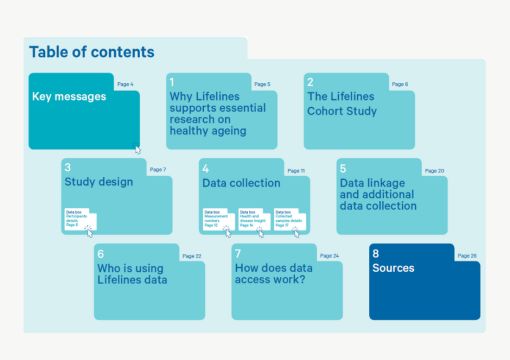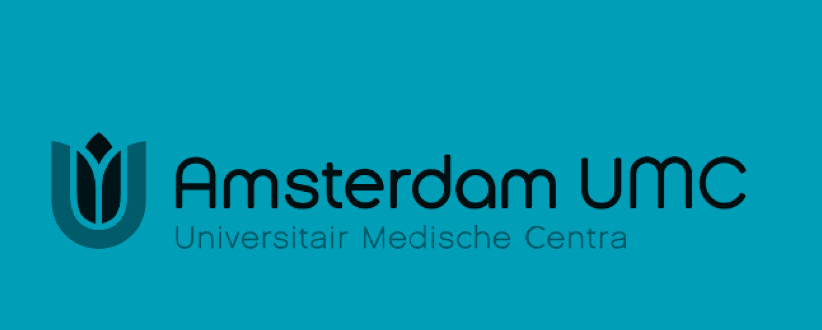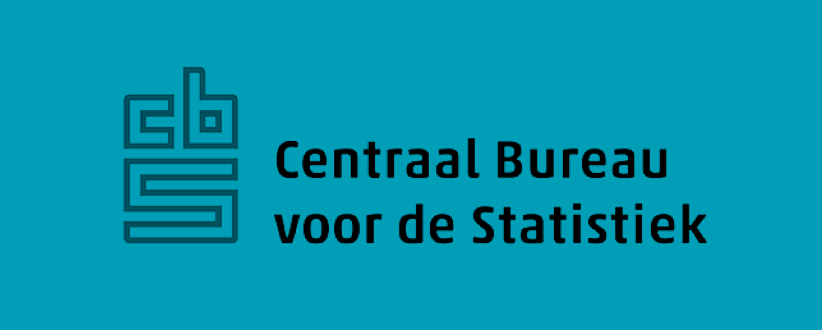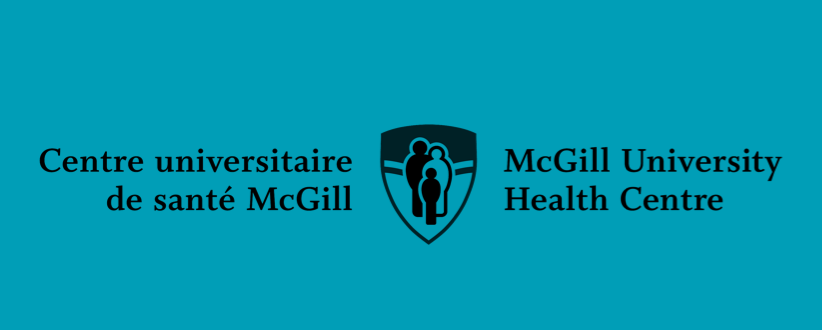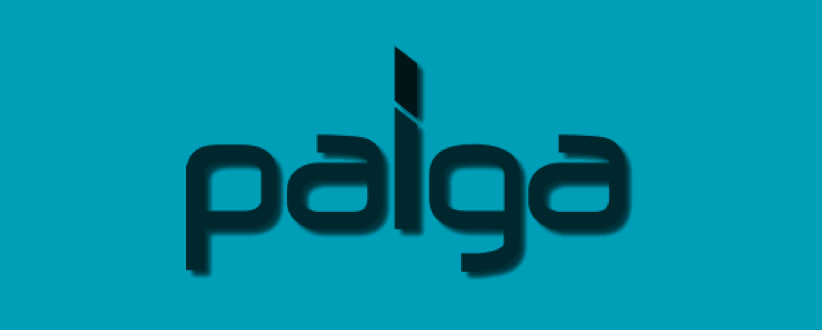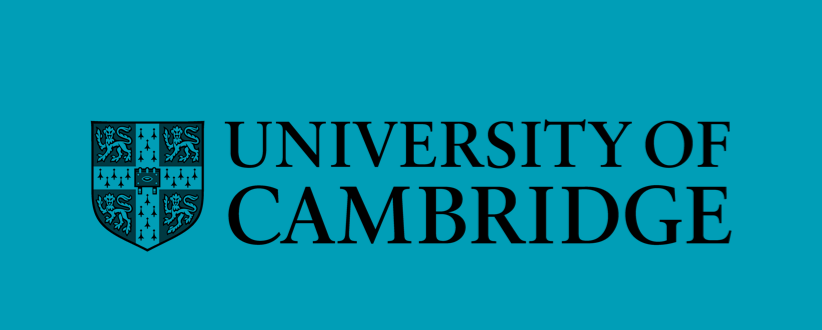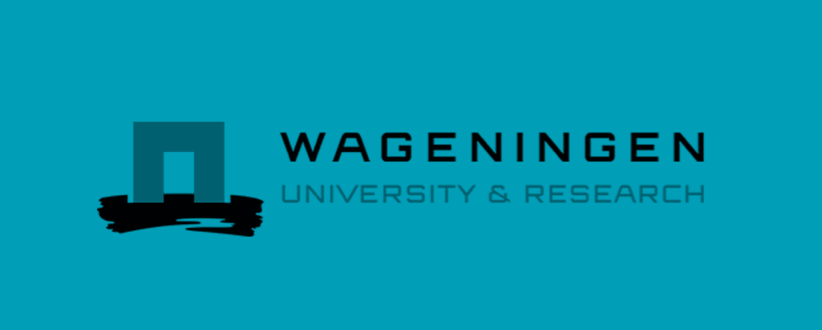About Lifelines
Lifelines is a large, multigenerational cohort study that includes over 167,000 participants (10%) from the northern population of the Netherlands. We included participants from three generations, who are followed for at least 30 years, to obtain insight into healthy ageing. The aim of Lifelines is to be a resource for the national and international scientific community.
To facilitare research we collect data and biosamples, using questionnaires, physical measurements and sampling, since 2006. Every 1.5 years participants complete a questionnaire and once every 5 years participants visit a Lifelines location where biosamples are collected and several measurements and tests are conducted.

Questionnaire data include
- Lifestyle
- Health
- Personality
- Work
- Living environment
Measurements include
- BMI
- Blood pressure
- ECG
- Lung function
- Cognitive abilities
Biosamples include
- Blood
- Feces
- Urine
- Scalp hair
Complete collection
Discover all of our collection of data in our catalogue

"In hairsamples of Lifelines participants we measure the level of cortisol over a period of time."
E. Van der Valk, Erasmus MC
Benefits of Lifelines
Lifelines constitutes an extraordinary databank and biobank through a combination of:
- The size of the population: 167,000 participants at baseline,
- longitudinal data & biosample collection, currently preparing for the 3rd longitudinal assessment in 13 years,
- the presence of multiple familial connections across three generations within the baseline cohort,
- the broad variety of data collected,
- the open protocol that makes data linkage and additional data collection in subcohorts possible.
For researchers and policymakers
For many researchers and policymakers worldwide, the collected data and biosamples are a valuable source for scientific research and for the development of policy focused on healthy ageing. Please have a look at our other pages to learn more about the study design of the Lifelines cohort study, to discover our available data and samples, to request more detailed information, or to submit an application to the Lifelines cohort and biobank.

